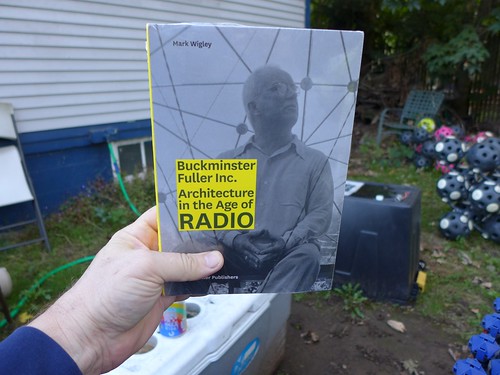Back in the day, and even still, I've written of "designer religions". Wicca comes to mind. A designer religion may be just right for the times, the perfect catalyst, and then, its job completed, it dissipates. That doesn't mean something bad happened to the followers. They let it go, with a sense of completion.
My attitude somewhat carries over from my skepticism regarding corporate immortality, and whether even that is a worthy goal, in and of itself. Put it another way: what's the scandal, what's the controversy, when a big company, such as Kodak, diminishes or goes out of business.
Kodak performed great service in getting the world of photography popularized. That it didn't turn into the world's top digital camera maker should have surprised no one. That wasn't Kodak's area of expertise.
I think of movie companies. These may come together to provide enough structure for the template called "making a movie" to be pulled off, in one form or another. Once the movie is made, other dynamics kick in, and the original production company may disband. Is that a tragedy, and must we go back and analyze all the so-called mistakes? If the default position is "immortality is the norm and anything short of that is failure" then yes, maybe we must. But why that default position?
The above ruminations bring me to The Design Way, a book, which has been a convergence topic for several interconnected meetups across Zoom world. New York and Philadelphia have been doing most of the talking, with Portland, i.e. my backyard group in Oregon, listening in.
I also catch up on my own, sampling Youtubes on Louis Sullivan, Buckminster Fuller, and some other names most familiar to architects. Shrikant (52 Thinking Ideas) has found himself drawn to architects, likely thanks to their polymathy.
The Design Way opens a space wherein conspiracies may develop around client desiderata, whereby design teams form, and under the direction of designers, make something (some vision) real, according to ideals (idealism) and in cooperation with useful truths (pragmatism). The process is according to schemas, which develop over time as a designer gains experience bootstrapping a designer culture within which to strive and perhaps thrive.
That sounds a lot like the movie industry to my ears, likewise steeped in the logistics of special skill sets. In Martian Math we learn the story of Orson Welles, and of the partially overlapping scenario of Agnes Moorehead, in the cast of Mercury Theater company at that time.
The troupe enacted "Mars attacks!" in the format of a CBS radio news story, but for entertainment, creating an aura of authority and credibility that fooled many. Hollywood recognized their talent and the rest is history (Citizen Kane etc.).
Orson Welles gets to be a designer-director in this story, the client being RKO Studios and, more invisibly, the movie-going public and future connoisseurs of film.
Companies come and go in Design World, because they're "designer companies" meant to fill a niche and then go on a shelf. Like a rock band, a company may in some cases jump off the shelf and reform, but if it doesn't, that doesn't negate the work it accomplished.
Kodak moved mountains in many dimensions. Don't believe business school teachers, or preachers, who hold up "immortality" as a necessary criterion for success. Dissipation in a clean designed way, without a lot of loose ends, may be a beautiful part of the overall performance.




